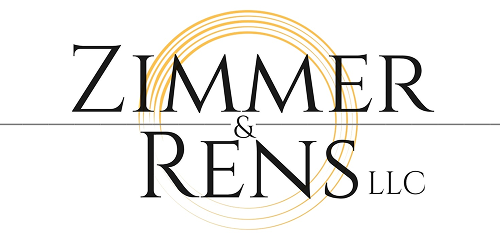Are your rental leases legal? What Every Wisconsin Landlord Needs to Know
The case that changes everything
In the recent case Colby Investments v. Alicia Marquart, a landlord sought to evict a tenant, only for the tenant’s lawyer to argue that the lease was void because it contained an illegal provision. Under Wisconsin Statute section 704.44, a residential lease becomes void and unenforceable if it includes any of 10 prohibited provisions.
One such prohibited provision is requiring the tenant to pay the landlord’s attorney fees in a legal dispute. The court ruled that because the lease was void, the landlord had to repay all rent paid by the tenant under the lease—a shocking and costly outcome.
Why this matters to you
This ruling underscores the importance of ensuring that your lease agreements comply with Wisconsin law. Many landlords use generic leases from the internet or out-of-state sources, which may contain illegal provisions without their knowledge. If a tenant successfully challenges your lease in court, you could face severe financial consequences.
What landlords should do now
If you’re a landlord in Wisconsin, here’s what you need to do to protect yourself:
Review all active leases
Take inventory of every lease you currently have in place.
Check for illegal provisions
Compare your leases against section 704.44 of the Wisconsin Statutes to identify any prohibited terms. Examples of illegal provisions include:
- Requiring tenants to pay the landlord’s attorney fees.
- Provisions waiving specific tenant rights guaranteed by law.
This is a complex process, and consulting an experienced real estate attorney is highly recommended.
Address problematic leases
If you discover that an active lease contains an illegal provision:
- Consult a lawyer to determine the best course of action.
- Generally, you’ll want to draft a new lease that complies with Wisconsin law and have your tenant sign it.
- Proceed carefully to avoid alerting tenants to potential claims against you.
Update your leasing practices
Ensure that any new leases are reviewed by a Wisconsin real estate attorney to avoid future issues.
Why this needs immediate attention
There’s no grace period for addressing these issues. If your current leases are void due to illegal provisions, you’re already exposed to potential liability. This risk is even higher if you need to evict a tenant, as tenants facing eviction are more likely to scrutinize the lease for legal challenges.
Further, tenants are allowed to claim twice the amount of their pecuniary (i.e., monetary) loss, plus recovery of their actual attorneys’ fees.
Protect your investments
At Zimmer & Rens LLC, we specialize in helping landlords navigate Wisconsin’s complex real estate laws. From reviewing leases to assisting with tenant disputes, we provide clear, actionable guidance to protect your assets and minimize risk.
Need help with your rental property?
Visit our website, explore our videos on real estate law, or contact us directly to schedule a consultation. Together, we’ll create a plan to safeguard your investments and keep you out of legal trouble.
At Zimmer & Rens LLC, we’re more than just attorneys – we’re your legal partners, committed to helping you stay informed, stay compliant, and stay protected.
Related insights

Real estate agent or attorney
If you’re thinking about buying a new property, you might be wondering whether hiring a real estate agent is still the best move.

What is eminent domain?
Did you know the government can take your property? But don’t worry – if it does, it is legally required to pay you just compensation.

How to sell a house in probate
Selling a property in probate may seem daunting, but understanding the process can make it manageable. If you’re navigating this journey, here’s a breakdown of what to expect and how to move forward confidently.

